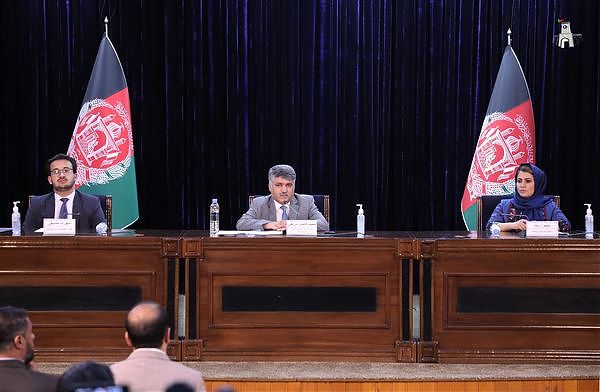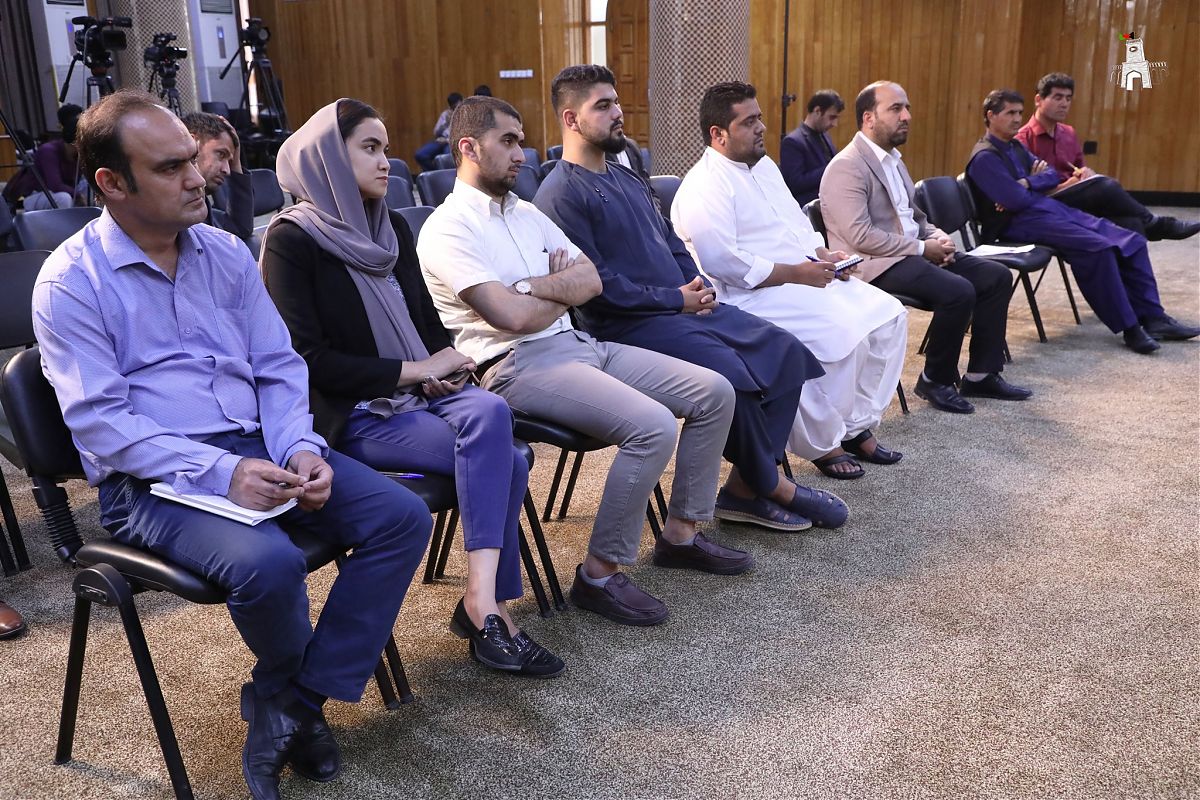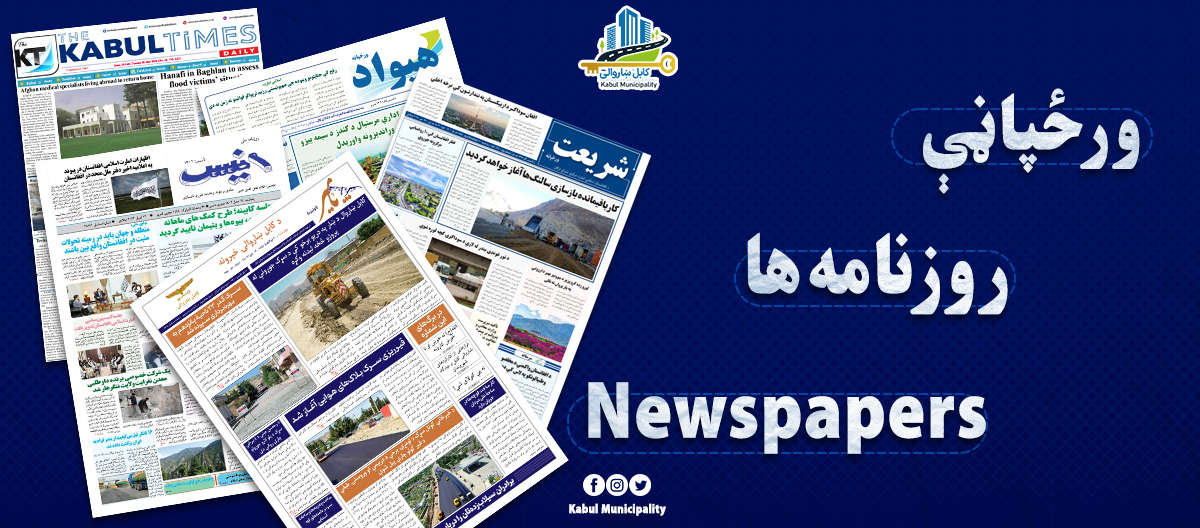
Deputy Chief Researcher Mohammad Fazil Sharifi, Deputy for Social and Cultural Services of Kabul Municipality, outlined the municipality’s activities, corrective measures, and implementation of plans over the past six months during a press conference at the Government Media Center.
He emphasized the focus on sustainable growth and development of Kabul city based on the principle of balanced development and providing responsive services to urban needs. Currently, dozens of construction projects are underway across different city districts.
A survey and design have been completed for 200 kilometers of roads to be paved with asphalt and concrete. Other urban needs, including the revival of urban culture and laws, are being addressed by strengthening and encouraging city councils and citizens.
In the first half of the 1400 fiscal year (2021-2022), Kabul Municipality completed and put into operation several previously unfinished projects, while others remain under planning or construction.
Key focus areas include structural reforms, improving working procedures and good governance, infrastructure development, traffic and transportation improvements, greening and environmental health, sanitation improvements, and the preparation and implementation of detailed urban plans and economic corridors in various city zones.
Sharifi highlighted the clear goal of achieving qualitative growth and development in Kabul city and providing services that meet the current needs of its citizens. Utilizing recently approved financial, technical, and legislative resources, the municipality aims for better urban management and overcoming future challenges. He assured that unprecedented achievements and activities will be witnessed by citizens.
Financial and operational achievements include:
-
Kabul Municipality collected 2.34 billion Afghanis in revenue over six months.
-
150 million Afghanis were collected from sanitation debts.
-
9 million Afghanis were collected from debts owed by advertising companies.
-
220,000 square meters of “white land” and 41 small parks were recovered from illegal occupiers.
-
10,200 vendor stalls and 14,000 shop fronts were cleared.
-
Concrete barriers blocking 110 kilometers of roads and sidewalks were removed.
Work has started on building 10 pedestrian bridges in congested areas, and 19,829 meters of sidewalks have been paved.
Over the last six months, the municipality has collected and transported 225,000 tons of solid waste and 18,000 cubic meters of drainage water from Kabul city.
Environmental health activities included monitoring over 2,200 food-producing businesses and confiscating 40,000 kilograms and liters of expired or low-quality food and drinks.
In the greening sector, over one million seedlings have been irrigated and nurtured, focusing on species compatible with Kabul’s climate. The irrigation system is being updated, and several recreational parks are under construction.



